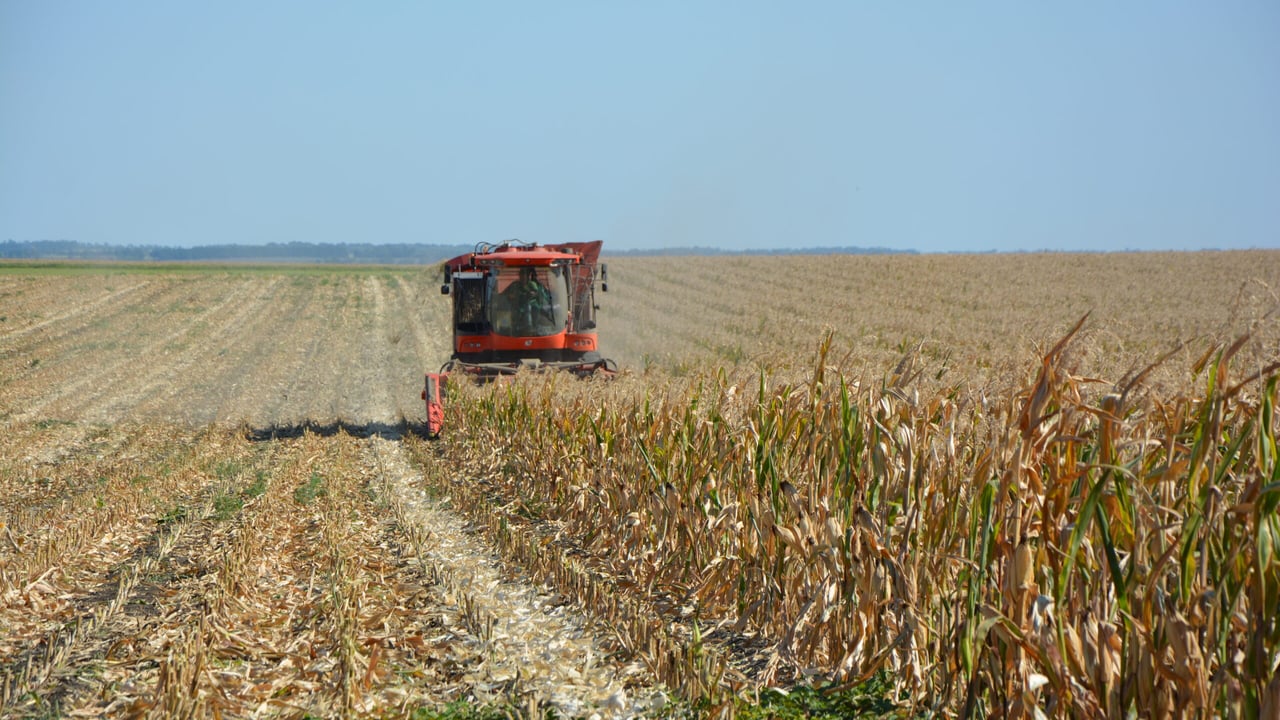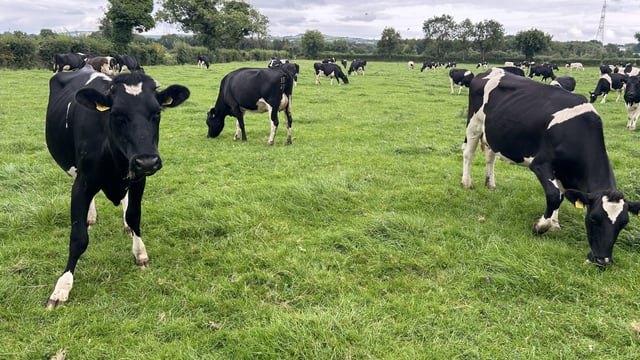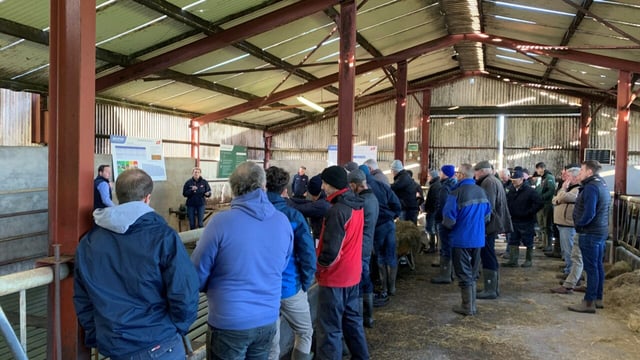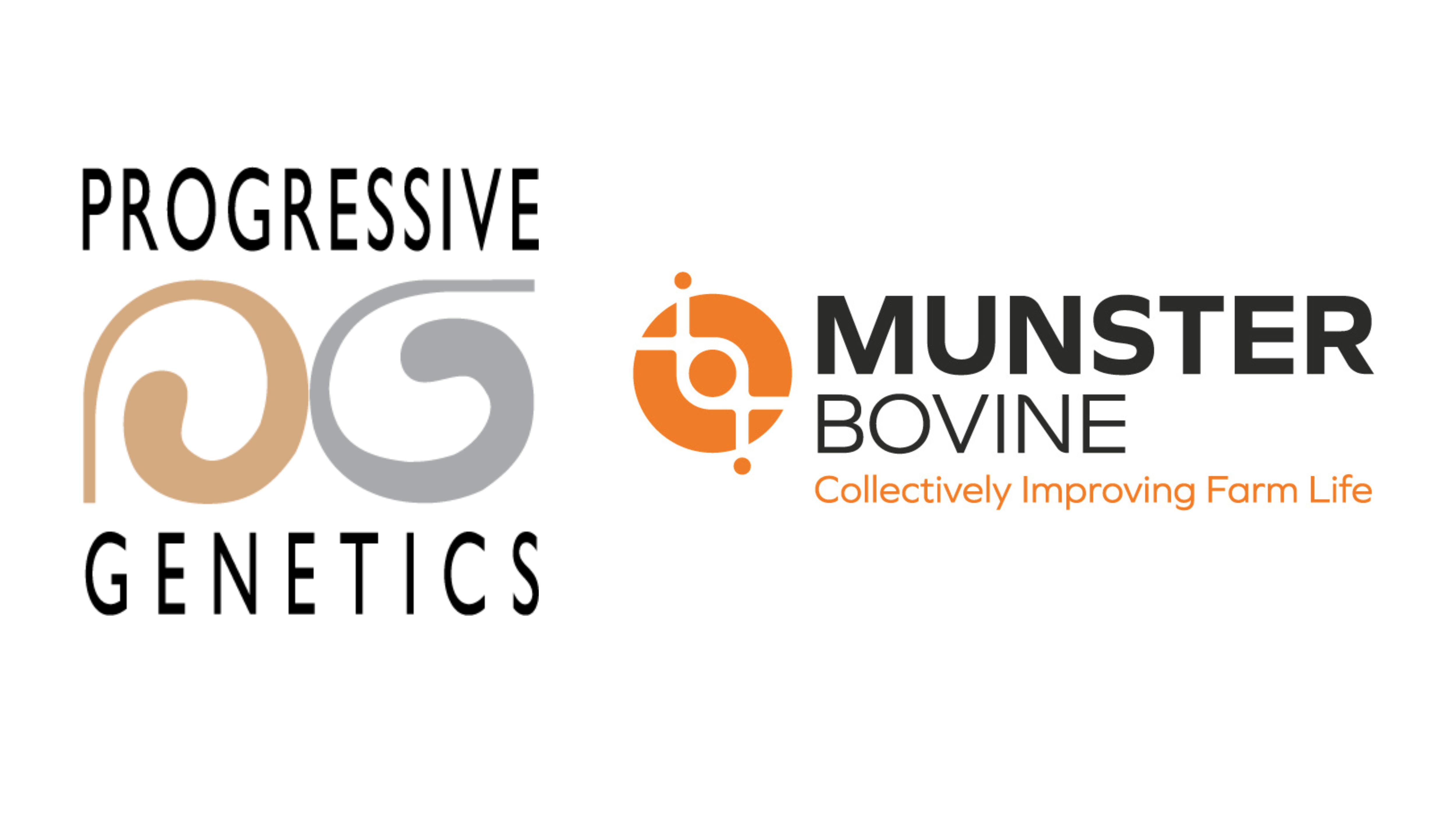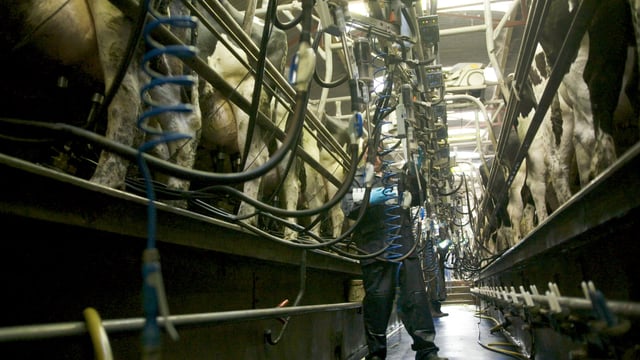EU agri groups call for 'carefully balanced' approach to Ukraine
Stakeholders in the EU's agriculture and food producing sector have called for the EU to take a "carefully balanced approach" to any potential further liberalisation of trade with Ukraine.
The European Commission is preparing to present objectives to the Council of the EU on future negotiations for trade liberalisation with Ukraine later this month.
Ahead of that EU, agricultural associations of affected sectors - including Copa Cogeca, the umbrella groups of EU farm organisations and agricultural co-operatives - are urging "caution and balance".
Seven groups in the sector have released a joint statement saying: "While supporting Ukraine in these challenging times remains important, any revised agreement must account for the cumulative pressures facing sensitive EU sectors (cereals, seeds, sugar, poultry, eggs, ethanol, honey), especially in the wake of the recently announced EU-Mercosur [Trade] Agreement.
"The EU's agricultural sector has been, over the past years, significantly impacted by the exceptional autonomous trade measures (ATMs) taken to support Ukraine in its war effort," the joint statement said.
"In this context, although the EU sector welcomes the decision to revert to the EU-Ukraine Association Agreement, as it would provide more predictability and security, they also share growing concerns over the potential further expansion of liberalisation," it added.
"Therefore, it is important to highlight the need of maintaining sufficient limits and safeguards to ensure that EU farmers and manufacturers are not disproportionately burdened."
The stakeholder groups said that mechanisms such as tariff-rate quotas (TRQs) must be maintained, and other measures explored to ensure sufficient protection for EU producers and manufacturers.
Their statement said that the current ATMs fall short of fully addressing market vulnerabilities, as limits on Ukrainian imports are too high to protect sensitive products, and no protection is granted to some of the most impacted sectors, such as wheat or barley.
The groups behind the joint statement, apart from Copa Cogeca, are:
- AVEC (poultry processors and poultry trade);
- CEFS (sugar manufacturers);
- CEPM (maize production);
- CIBE (beet growers);
- EUWEP (wholesalers of eggs, egg products, poultry and game);
- iEthanol (industrial and beverage ethanol).
These groups called on the EU not to allow any new long-term agreement to "fall in the trap" of fully liberalising some products not yet impacted by Ukrainian imports.
Specifically, they called on the EU not to ignore "the incredible capacity of Ukrainian agriculture to swiftly expand the production of products when an opportunity for exports is identified, as was the case with sugar".
The joint statement said "this could easily repeat itself" with potatoes, pork, dairy or ethanol.
"We call on the European Commission to work closely with stakeholders, the European Parliament and member states to develop a trade framework that preserves European agriculture and that the outcome of these negotiations reflects both solidarity with Ukraine and the realities of European markets and of its producers and manufacturers," the statement said.

